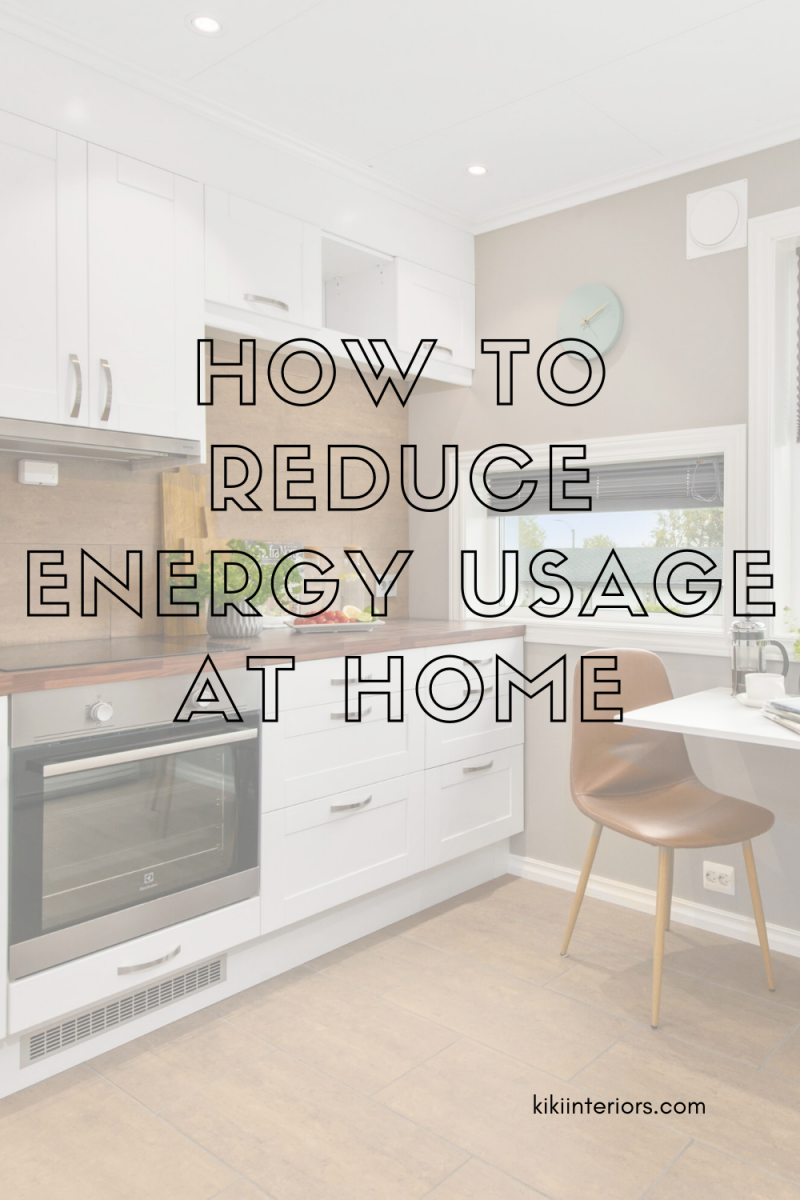
Reducing home energy use or making a home more efficient should be the goal of any homeowner. Cutting down on a home’s energy use can help you save on utility costs and help reduce your home’s carbon footprint. It is the goal of many communities and utility companies to aid people in reducing their carbon footprints since sources of fuel are becoming more restricted. In addition, reducing your carbon footprint can benefit the environment.
Use Renewable Sources
Even though you can significantly reduce electricity and utility use by upgrading the major components of your home and by changing your habits, converting to renewable sources is ideal. You may be able to receive energy credits and rebates for installing solar panels or tankless hot water heaters. Switching to renewable sources means you’ll be able to convert natural resources like the sun into electricity and heat sources for your home, reducing your home’s dependence on utility companies and fossil fuels.

Upgrade All Major Appliances
The majority of a home’s energy use comes from its heating and cooling equipment, followed by other major kitchen appliances and the hot water heater. Having and operating gas fireplaces can also contribute to a portion of the home’s energy use. Besides programming the thermostat for different temperatures while you’re away from home, upgrading to a high-efficiency air conditioner and furnace can significantly reduce a home’s usage.
Updating kitchen appliances, as well as washer and dryers for versions that carry the energy star rating, can also help reduce a home’s overall consumption. Appliances with the ENERGY STAR rating are manufactured to use less electricity and water. While some of these models can cost more, the savings in energy consumption over time outweighs the extra initial costs. You may even be able to receive energy rebates from utility companies or tax credit for upgrading.
Install Energy-Efficient Windows and Insulation
Another large source of energy loss in a home is through windows, cracks, and crevices. Replacing older windows with energy-efficient ones can also significantly cut back on how much heating and air conditioning is lost. This reduces the wear and tear on the appliances and helps save the homeowner money over time. Upgrading can also result in one-time tax credits or rebates.
Insulating windows on the interior and exterior can go a long way towards reducing costs. Caulking and sealing gaps around the edges of windows, doors, and other openings can prevent air from escaping. This means the hot and cool air produced by the homes HVAC equipment won’t be wasted.

General Maintenance and Upkeep
A home’s energy use can also be reduced through general maintenance and upkeep, such as changing the HVAC filter each month. A person can also use common sense techniques such as supplementing an air conditioner with ceiling fans, only running full loads in the dishwasher, and air drying clothes if feasible. Cleaning air ducts and using blinds to block the sun during summer can also help.
Reducing a home’s energy use requires a combination of investing in new and upgraded technologies and common-sense maintenance. Setting the thermostat at the highest comfortable temperature in the summer and the lowest comfortable temperature in the winter will go a long way towards reducing consumption. However, upgrading major appliances to energy-efficient versions, replacing windows, and converting to renewable energy sources will make the biggest impacts.



